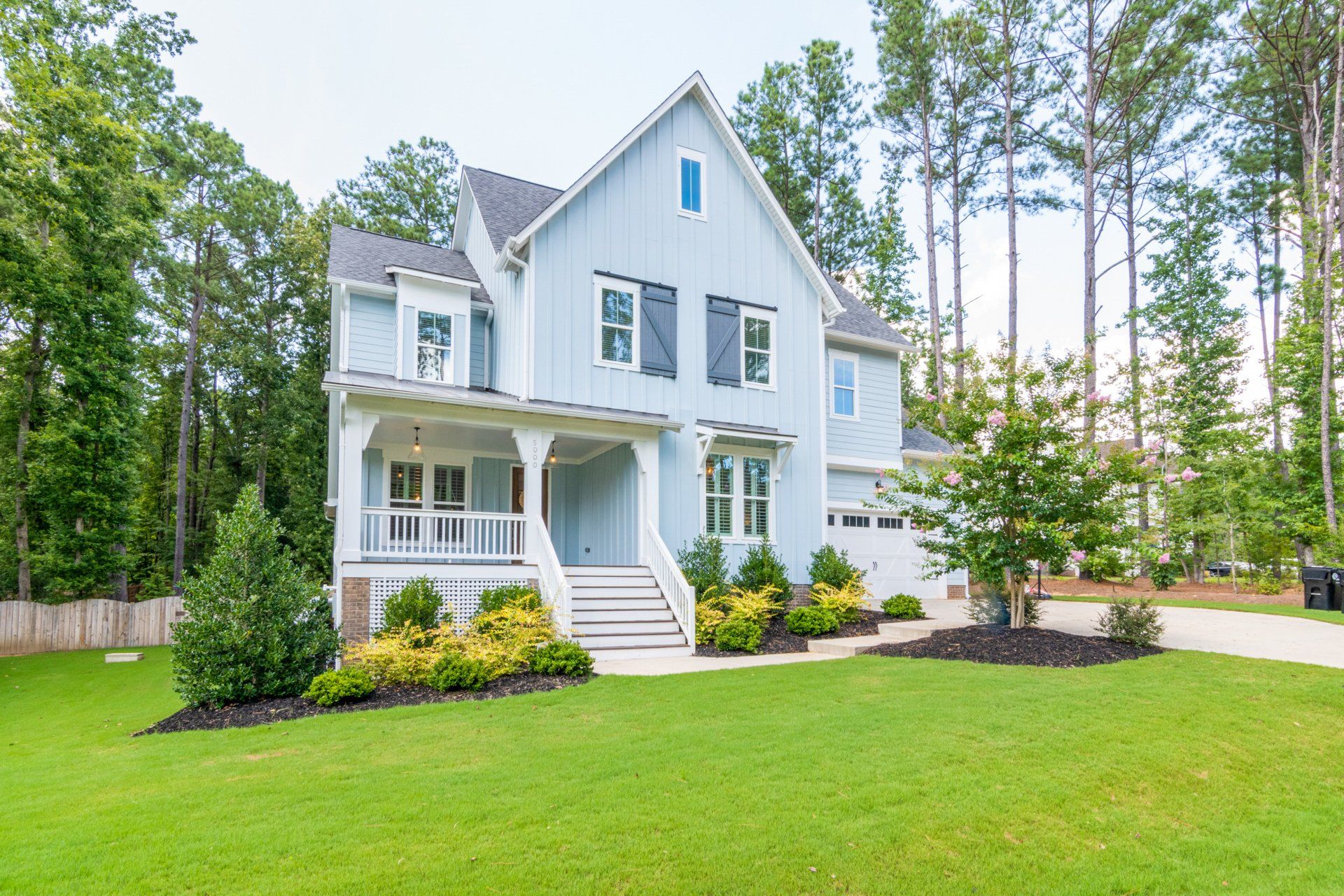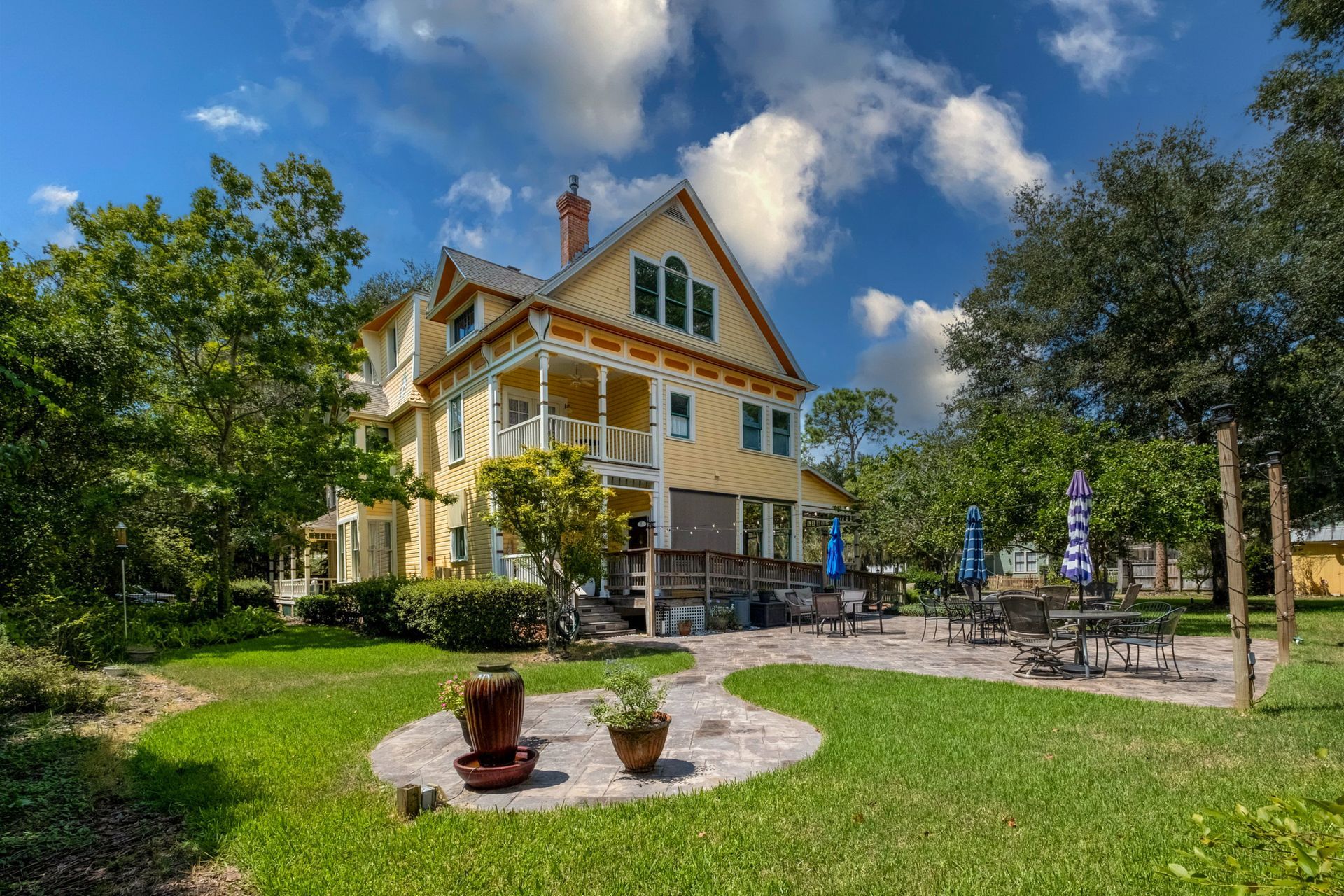BEST PRACTICES FOR RUNNING A SUCCESSFUL SHORT-TERM RENTAL PROPERTY

Mastering the Rental Market: Best Practices for Running a Successful Short-Term Rental Property
The short-term rental (STR) market has exploded in popularity, offering property owners a potentially lucrative income stream. Platforms like Airbnb and Vrbo have made listing and managing rentals easier than ever. But before you jump on the bandwagon and start welcoming guests, it's crucial to understand the best practices for running a successful short-term rental property.
This comprehensive guide will equip you with the knowledge and strategies needed to navigate the world of STRs. We'll cover everything from legal considerations and guest communication to maximizing occupancy and protecting your investment.
1. Know Your Market and Regulations
Location, Location, Location:
The success of your STR hinges heavily on location. Research your area to understand factors like:
- Demand: Is there a steady flow of tourists or business travelers? Analyze data from rental platforms or local tourism boards.
- Competition: How many similar rentals are in your area? What amenities do they offer? Price your property competitively.
- Regulations: Are there zoning laws or short-term rental restrictions in your area? Obtain necessary permits and licenses.
Understanding the Legal Landscape:
Each locality has its own regulations regarding STRs. Be sure to:
- Check Zoning Laws: Ensure short-term rentals are permitted in your area.
- Obtain Permits: Apply for any necessary licenses or business registrations.
- Review Tax Implications: Understand how rental income affects your taxes. Consult with a tax advisor.
2. Craft a Winning Listing and Stand Out from the Crowd
Optimizing Your Listing:
- Compelling Description: Highlight your property's unique features and amenities.
- High-Quality Photos: Showcase your space in its best light with professional or well-lit photographs.
- Competitive Rates: Price your property strategically based on location, seasonality, and competitor pricing.
- Guest Reviews: Encourage satisfied guests to leave positive reviews to attract future bookings.
Standing Out from the Competition:
- Offer Unique Amenities: Consider amenities like high-speed Wi-Fi, smart home features, or a stocked coffee bar.
- Cater to Specific Guests: Tailor your amenities and description to attract a specific niche, like families or business travelers.
- Embrace Local Experiences: Provide recommendations for local attractions and activities.
3. Master the Art of Guest Communication
Setting Clear Expectations:
- Detailed House Rules: Outline house rules regarding noise levels, guest numbers, smoking policies, and pet restrictions.
- Comprehensive Welcome Guide: Provide a digital or printed guide with instructions for appliances, Wi-Fi access, and check-out procedures.
- Prompt Communication: Respond to guest inquiries and requests promptly and professionally.
Building Positive Relationships:
- Personalized Communication: Greet guests by name and express your excitement about their stay.
- Local Recommendations: Offer suggestions for restaurants, attractions, and hidden gems.
- Go the Extra Mile: Leave a welcome basket with local treats or offer airport pick-up services (at an additional cost).
4. Streamline Operations and Maximize Efficiency
Consider Hiring Help:
- Property Management: For busy schedules, consider outsourcing cleaning, guest communication, and maintenance tasks.
- Self-Check-In Systems: Utilize smart locks or keyless entry codes to allow guests a flexible arrival experience.
- Cleaning Services: Partner with reliable cleaning services to ensure your property is spotless for each guest.
Leveraging Technology:
- Rental Management Software: Simplify tasks with software for scheduling, guest communication, and automated pricing adjustments.
- Guest Review Management Tools: Utilize tools to automate thank-you messages and request reviews from departing guests.
5. Protect Your Investment: Safety and Security Screening Guests:
- Guest Verification: Utilize platforms' verification tools or require guests to provide identification and references.
- Security Deposits: Charge a reasonable security deposit to deter damage and cover potential issues.
- Clear Communication of Expectations: Reiterate house rules and consequences for violations in your communication with guests.
Insurance Considerations:
- Short-Term Rental Insurance: Obtain specific insurance coverage for your STR property to protect against damages and liability.
- Inventory List: Create a detailed inventory list of all furnishings and appliances for insurance purposes.
Maintaining Your Property:
- Regular Inspections: Conduct regular inspections of your property to identify and address any maintenance issues promptly.
- Preventative Maintenance: Schedule regular cleaning and maintenance for appliances and systems to prevent costly repairs.
Running a successful short-term rental property requires dedication, planning, and a commitment to providing exceptional guest experiences. By following the best practices outlined in this guide, you can navigate the exciting world of STRs with confidence. Here's a recap of the key takeaways:
- Do your research: Understand your market, local regulations, and competition before diving in.
- Craft a compelling listing: Highlight your unique offerings, showcase your space with high-quality photos, and price competitively.
- Master guest communication: Set clear expectations, build positive relationships, and utilize technology to streamline communication.
- Maximize efficiency: Consider outsourcing tasks, leverage technology for management, and prioritize guest convenience.
- Protect your investment: Screen guests carefully, obtain proper insurance, and maintain your property for longevity.
Beyond the Basics: Building a Sustainable STR Business
The journey to a successful STR doesn't end with securing bookings and positive reviews. Here are some additional considerations to ensure your venture thrives in the long run:
- Focus on Sustainability: Implement eco-friendly practices like using energy-efficient appliances, offering eco-friendly cleaning products, and encouraging guests to conserve resources. This resonates with environmentally conscious travelers and can even be a selling point for your listing.
- Invest in Building a Brand: Develop a distinct brand identity for your property. This could involve a unique name, logo, or specific design aesthetic that sets you apart from the competition.
- Embrace the Community: Connect with other local STR owners to share best practices and resources. Additionally, consider partnering with local businesses to offer guests discounts or special experiences.
The Rewards of Running a Successful STR
The benefits of running a successful short-term rental property extend far beyond financial gain. Here are some additional rewards you can expect:
- Flexibility and Control: You have the flexibility to set your own rental rates and availability based on your needs.
- Meeting Interesting People: You'll have the opportunity to interact with travelers from all walks of life.
- Building a Legacy: You can create a unique and welcoming space that provides memorable experiences for countless guests.
Embrace the Challenge, Reap the Rewards
Running a successful short-term rental requires effort and dedication. But with careful planning, effective strategies, and a commitment to creating exceptional guest experiences, you can turn your rental property into a thriving business and a source of personal satisfaction. So, are you ready to embrace the challenge and reap the rewards of the exciting world of short-term rentals?
Need help? Give us a call at 352-519-3994 or e-mail us at info@staygainesville.com.










